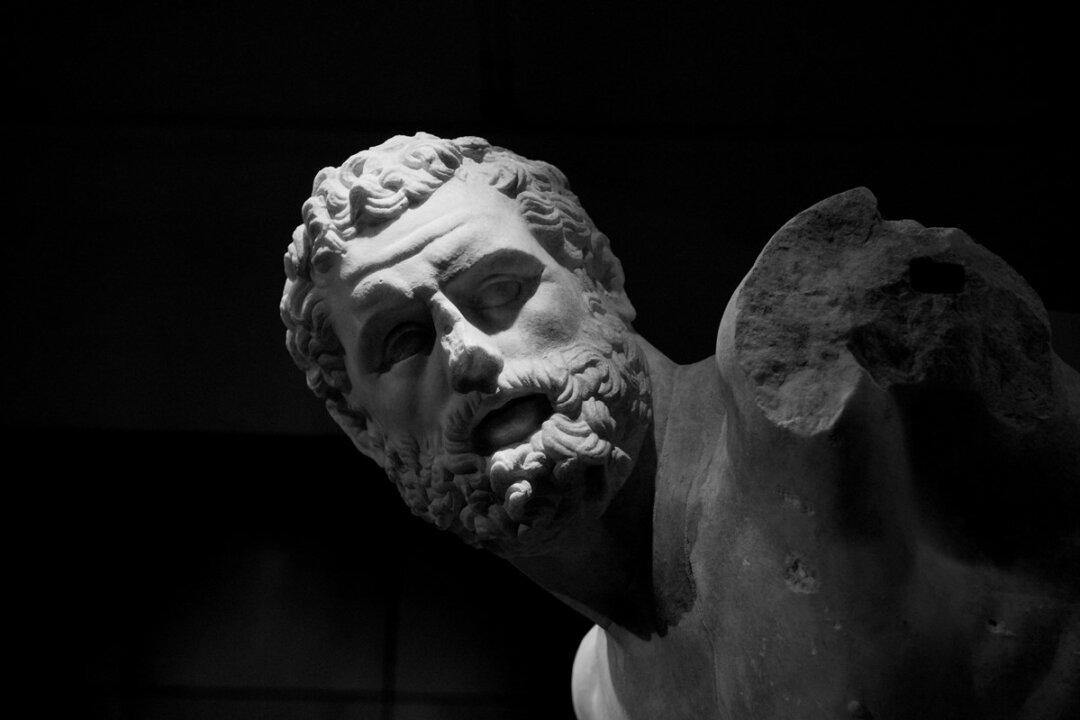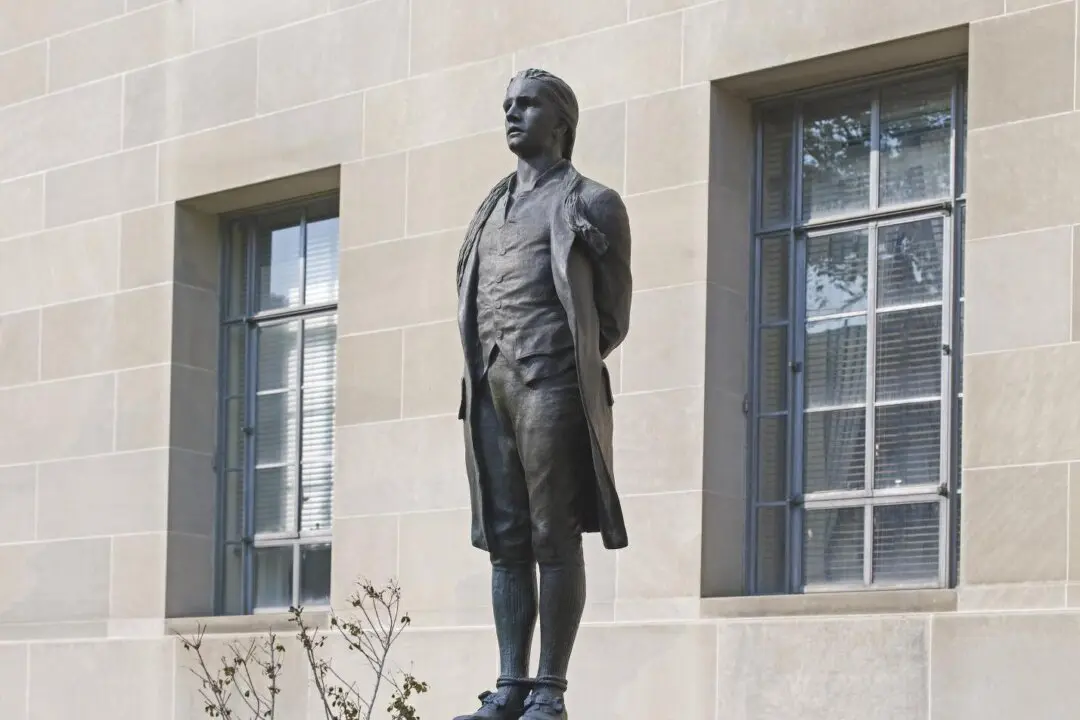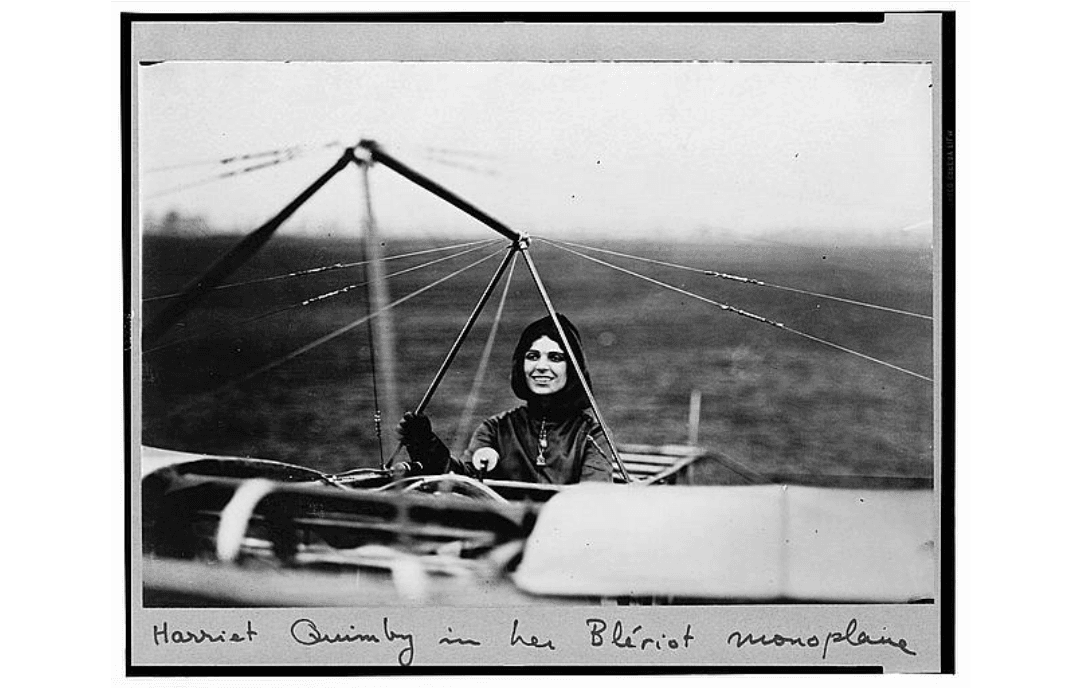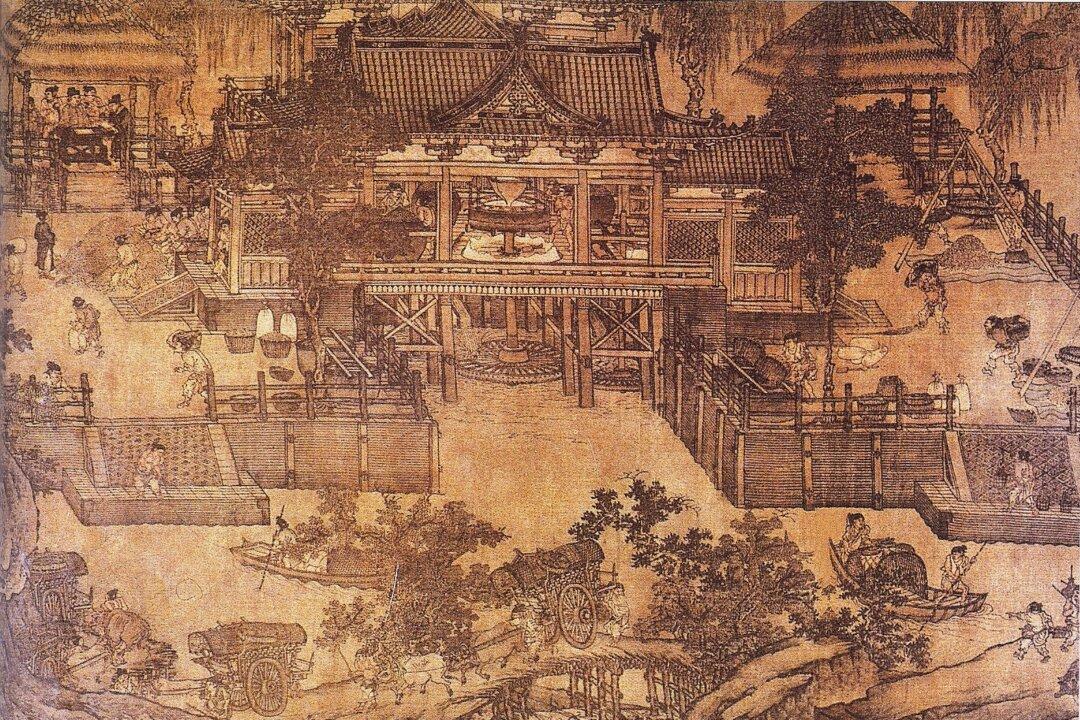“People hate being made to think,” the educator and classical scholar Edith Hamilton (1867–1963) once said. Laziness of mind is indeed easy to find, even more so today than in her time. It shows up in vapid social media posts, flippant political rhetoric, superficial media coverage, knee-jerk but sanctimonious opinions, and the widespread absence of critical thinking skills. It’s everywhere.
People who don’t think are vulnerable to those who do, especially to those who think constantly about how to use others for nefarious purposes. Dictators and demagogues strongly prefer compliant, sycophantic subjects over thoughtful, independent, free-spirited types.






